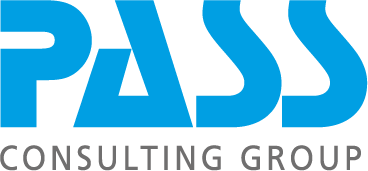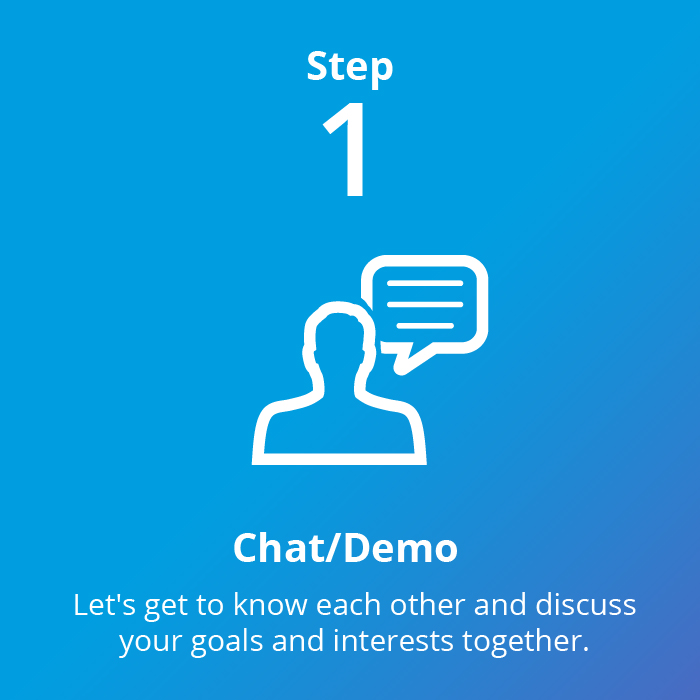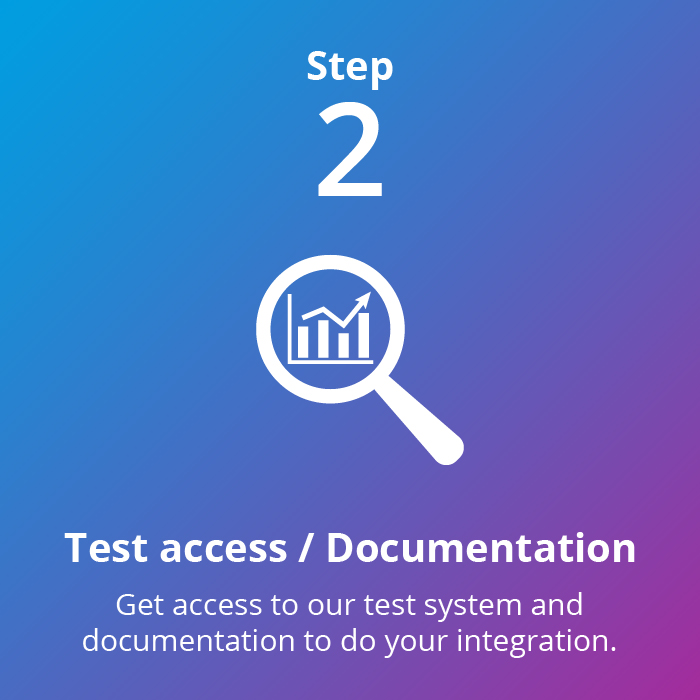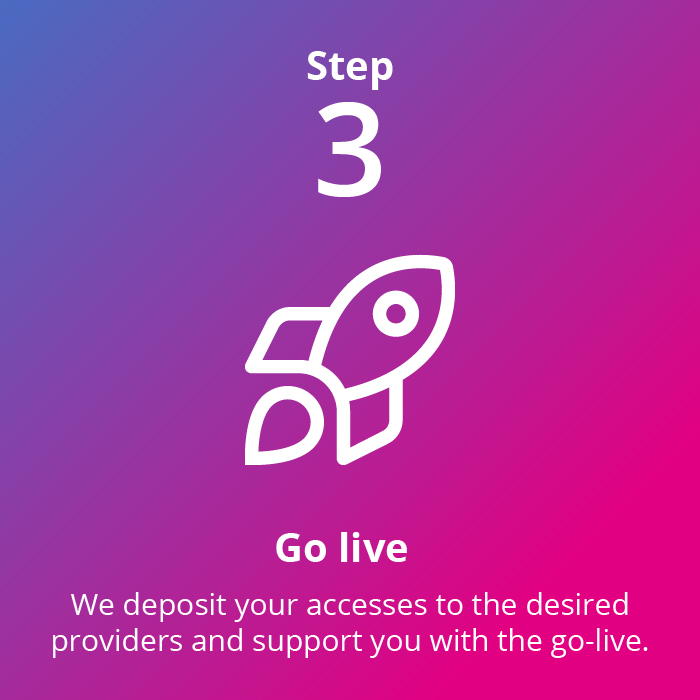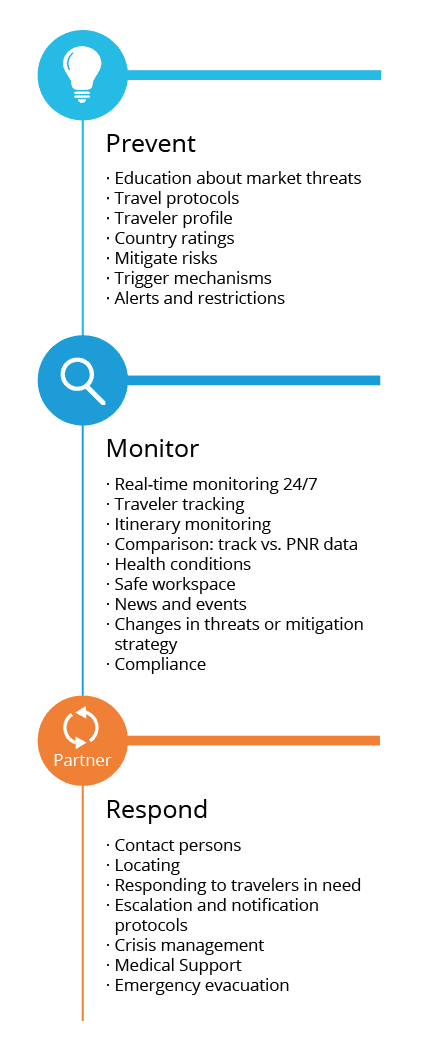Real-time access to PNRs and comprehensive travel insights
Get your travel booking data with PASS PNR Retrieval
Our solution for travel data aggregation allows you to accurately access all Passenger Name Records (PNRs) along with ticketing and EMD information saved in the booking system and provides you with a detailed overview of a company's overall travel activities. Both travelers' designated whereabouts and the associated costs are clearly shown in near real-time: pre-, in-, and post-trip. Thus, you are always informed when new records are created and when changes occur.
Thanks to its rich functionality,the travel data capture API is useful for many diverse applications. Leading suppliers of travel tracking solutions use our service, for example, to find out where employees are scheduled to travel, in order to make relevant information available to them concerning upcoming trips (e.g. vaccinations and places to be avoided for safety reasons), and to support them during their trips. Further applications are in the areas of data mining, travel business intelligence, risk management, after sales services and more.
PASS Travel Data Capture application is based on our renowned Travel XML API, which accesses the best and most robust mulit-GDS interfaces. Our service offers the ability to consolidate booking data from different systems in one central location.
Still have questions? We are happy to advise you and of course stand by your side throughout the integration of our services.
ONE INTERFACE
Overall travel volumes at a glance: Our service carries PNR data from different reservation systems worldwide together in one place.
STRUCTURING
The travel data capture solution keeps your booking data in a standard format, which substantially simplifies further processing.
AUTOMATION
The manual addition of data and list updates are a thing of the past; from now on all PNR data are ready to use in near real-time.

Users and the technical team
- technical advice through the GDS specialist PASS
- flexible service models
- always up-to-date: integration of the latest mulit-GDS interfaces on the market
- scan optimization: the number of GDS scans is reduced to a minimum
- integration of event notifications

IT managers
- one integration: no longer needed to address a variety of interfaces
- no adjustment efforts concerning third party interfaces

Decision-makers
- time and cost advantages over an in-house development and GDS solutions
- affordable: price per unique PNR in the range of a few cents
- independence from GDS providers
- immediate ROI starting from a certain purchase quantity
- rapid implementation: service can be used immediately following contract closing
GDS Queue Management
How to deal with the GDS?
Some of our clients used to get PNR feeds from various TMCs. However, in some cases it may be more beneficial to access only three GDSs in order to obtain unified data compared to receive feeds from numerous TMCs. With our XX1 multi-GDS hub, we integrate into Amadeus, Sabre and the Travelport systems, Galileo (outside the US), Apollo (inside the US) and Worldspan. You will receive a uniform data format through a single interface or data feed. In addition, the PNR of the GDS always shows the latest and greatest information about the trip – even if the booking is changed, for example by the traveler, without calling the agency.
In order to retrieve bookings from the GDSs, usually the booking process itself does not need to be altered. The only requirement is to put the PNR on a GDS queue that belongs to you, in order for the PASS application to realize the creation, cancellation or change of a PNR.
This only requires a configuration in the setup and can be done in two ways:
- The entity that creates or changes the PNR (i.e. the agency or booking tool provider) sets their system up to automatically put such PNR (or any change of it) on your queue (under your PCC) or
- You configure your system to access a queue of the PNR creator – a queue owned by the creator, but assigned to you.
Once everything is setup the process is as follows:
- The traveler/agent creates or changes a booking.
- The booking is routed to a queue assigned to you through the process described in the tab GDS queue configuration.
- Your assigned queue is monitored on a regular basis by our Queue Management Application (QMA) or by a self-built application. As soon as QMA detects that a new or altered PNR is in the queue, our XX1 retrieves the PNR, translates it into a uniform message (PNRViewRS) and returns it to you via your preferred channel (e.g. ftp, sftp, database, etc.).
Either way, you need GDS agreements which you have to negotiate with the GDSs. We are an authorized developer for all GDSs and you can always refer to us as your developer. Using our system that connects to the GDSs guarantees a smooth conversation between you and the GDS. Any negotiation is reduced to a commercial agreement between you and the GDS. Technical challenges are reduced to a minimum (you may still need a certification of your application).
In our experience, your contract with a GDS should include the following (please clarify directly with the GDSs what you need):
- Amadeus: you have to apply as a CAU (Client Application User) at our CAP (Client Application Provider); your application has to be certified with the message set under which we have been certified.
- Sabre: Developer Agreement (if you are a developer) or Downline Agreement (if you are an agency); the technical setup will be requested by us. Sabre is very selective and does not authorize everyone, so there is a whole process (internal vetting, etc.) that has to be run through. Such process may be kicked off by us in your name. If you wish us to kick-off the process, we would need an introduction to your company.
- Travelport: uAPI contract; the setup will also be requested by us in most cases.
What happens if GDSs claim not to know us?
GDSs are large organizations on a global scale. It happens that a GDS account representative does not know about us – even though we are listed as authorized developer on respective online sites (i.e. Sabre or Amadeus). If you have any trouble please contact us.
PASS Queue Management Application (QMA 2.0)
The Queue Management Application (QMA) 2.0 is a special module of the PASS iXX1 and serves for automated access to GDS queues, non-GDS queues as well as data feeds from travel booking platforms of different types.
Travel booking data such as PNRs can be retrieved from common GDSs:
NDC carriers
e.g. Lufthansa Group (Lufthansa, Austrian Airlines, Brussels Airlines, Swiss International Air Lines, Eurowings, Discover Airlines), Singapore Airlines, Air France, KLMother carrier
serviced by Farelogix/Accelyaother sources
e.g. Airbnb, Booking.com, Ctrip, Cvent, HRS, Salesforce, Trainline, Tramada, Traxo etc.text based sources
e.g. SFTP Excel/CSV/XML
Benefits Queue Management Application (QMA 2.0)
QMA 2.0 enables simplified fully automated access to the queues of all GDS as well as the PNR message systems of non-GDS systems (NDC, TMC API or data drop).
-
RESTful APIs based on JSON
-
Standardized PNR output format for all sources (PNRViewRS)
-
Fully automatic checking of the configured queues/systems for new PNRs
-
Simplified access to GDS queues and non-GDS sources
-
3rd party API or data drop modules for TMC data or any other system that provide a logical similar API or data drop within 1-2 months upon request and subject to a one-time flat fee
-
Integrated Rules Engine
-
Automatic rule-based error handling for PNR errors
-
Avoidance of duplicates (PNRs are checked for relevant changes before output)
-
Prevention of data loss in case of disruptions on the client side
-
Admin UI (e.g. configuration of sources, monitoring queue errors, inspection of PNRs)
-
Hits-saving application logic
-
Keeping multi-source complexity away from the user
-
Graphical user interface for configuration and error analysis/PNR display
-
Error notification system
-
Individual output formats
Our Travel Data Capture in practical use
Travel Risk Management
Companies must fulfill their duty of care in order to guarantee the safety of their employees. Especially in business travel, this task has recently become more and more important and companies are increasingly focusing on Travel Risk Management (TRM). A survey conducted by Business Travel News reveals that 65 per cent of the companies surveyed have increased their attention to travel risk management over the past three years.
PNR data are among the most important information to be used in this context. The PNR management solution therefore supports the coverage of the three main pillars of travel risk management:
In order to prevent an incident to happen, our clients can observe market threats such as geopolitical threats (civil unrest, war, recent terror incidents, raised threat levels), criminal threats (rates of violent crimes, kidnapping, petty crime, drug trafficking), regulatory threats (border restrictions, tax codes, workers’ rights, drug laws, sex trade), cultural threats (women’s and LGBT rights), infectious diseases (Ebola, Zika, Avian flu), pandemics (COVID-19) and environmental hazards (quality of air, earthquakes, hurricanes, tornados). Such information can be combined with the traveler’s profile – their ranking, health, vaccinations, travel patterns and compliance (gaps in travel data or risky moves such as international car rentals or car rentals following long haul flights). Our PNR management solution allows clients to retrieve the PNR data of an upcoming trip from third parties such as mulit-GDSs by asking the TMS or OBT provider to place their employees’ PNRs on a specific queue which we monitor consistently and retrieve PNRs in case of bookings or changes.
As a result, our clients are able to mitigate the risks – meaning to treat them (reduce them to an acceptable level), transfer them (pay a third party to take the risk, e.g. insurance), tolerate them (take no action as there is no realistic way to mitigate the risk or the mitigation cost cannot be justified), or terminate them (abort the activity as a last resort).
Once travelers are on their trip, various TRM features monitor what happens. Our solution for travel data aggregation helps to find out where the traveler should be and – provided tracking is being allowed – where he actually is. If something is wrong, it might be possible to contact the traveler and activate his microphone or smartphone camera. Monitoring also includes a safe workspace abroad with the assessment of corporate facilities as well as the observation of news, events and compliance.
If something happens, the right reaction ensures the safety of the traveler. In an accident, this may mean bringing an English-speaking doctor to the person in need, taking them home, evacuating them, or providing them shelter. In the end, it all comes to down to effective crisis management. And one thing should not happen: that help is available (at a price), but no one is available who is authorized to sign the check for the rescue operation.
Crisis24 (ehemals Drum Cussac)

In order to respond quickly in the event of a crisis, you need to know where specific employees are located based on their travel itinerary or last known location. We generate this information via the integration of PASS PNR Retrieval into the PeopleMonitor module of GlobalRiskManager. This provides passenger name records (PNRs) by aggregating data from all relevant systems. This centralised provision of data ensures that a current overview of the situation is guaranteed, and travellers can be targeted to receive information if dangerous situations arise either directly or through their traveller app.
Duncan Hillyer
Business Development Executive
Further references on request.
